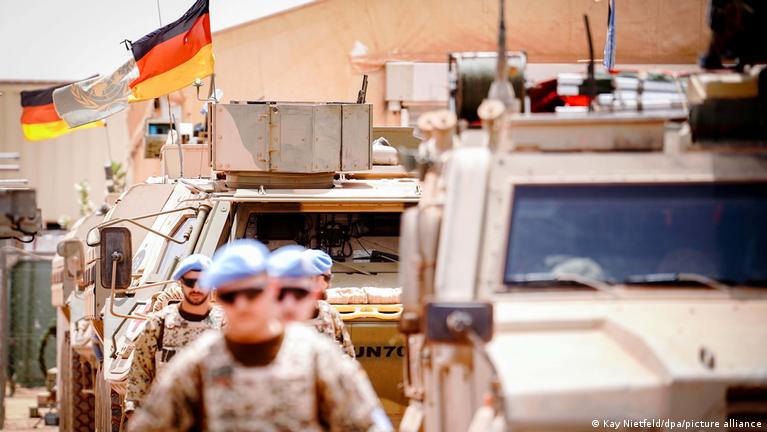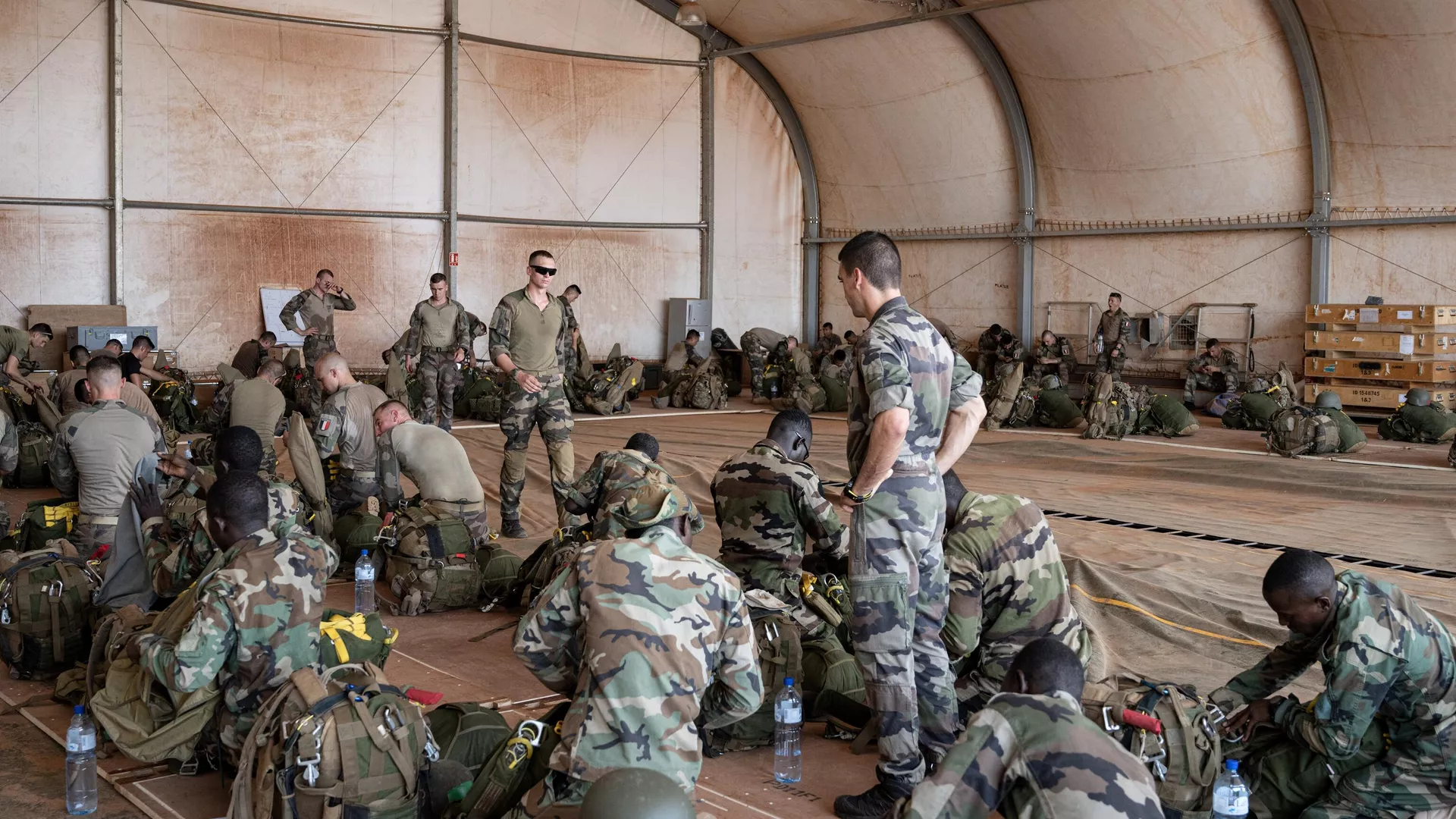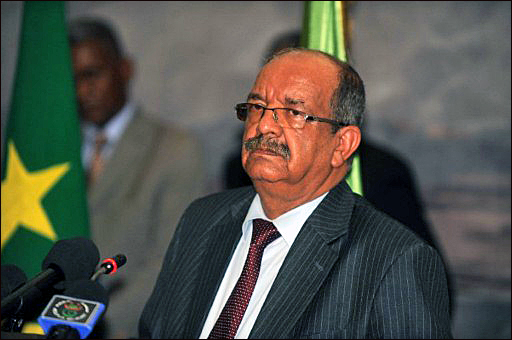Politicians and experts in Germany have called on the European country to continue its involvement in Africa’s Sahel region even after the 2020s did not turn out as expected for Berlin.
According to Deutsche Welle, Africa’s Sahel is considered a strategic location for Germany, which has long been a significant player in stabilization and development efforts in the largely francophone region. Berlin in July 2023 took over the rotating one-year presidency of the Sahel Alliance, a key development body for the region that aimed to help Burkina Faso, Chad, Mali, Mauritania and Niger in their struggle against poverty and terrorism. But after military takeovers in Burkina Faso, Mali and Niger, it became obvious that “Europe’s initial security strategy in the Sahel has failed,” says Malte Lierl, a research fellow at the German Institute for Global and Area Studies (GIGA) in Hamburg.
However, as Lierl also points out, the current situation is not one of total withdrawal but rather a new orientation of Europe’s engagement in the region. One way of establishing that new direction could be by shifting the focus away from cooperating with governments and instead serving people directly, said Julian Bergmann, an expert on EU-Africa relations at the German Institute of Development and Sustainability (IDOS) in Bonn. But this recalibration of Germany’s policies in the Sahel region also requires Berlin to take a wider perspective on the entire region, Bergmann added. German Foreign Minister Annalena Baerbock last year summed up the complex and dilemmatic situation for Berlin succinctly: “Whether we like it or not, whatever happens in the Sahel is of great importance to us all.”



